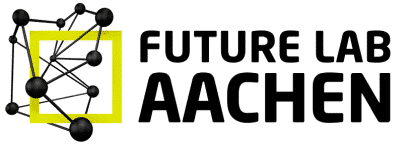In the realm of science, a cluster can be all sorts of things: in Computer Sciences a data carrier; in Meteorology an area of rain; and in Epidemiology an accumulation of diseases.
But when it comes to the excellence clusters promoted at the RWTH, the word has only one meaning: a cluster is a large-scale joint research project in which scientists from different disciplines are working together.
Astute readers will have recognised that a cluster is a kind of “gang”. And, in fact, the English word “cluster” is synonymous with words like bundle, swarm, bunch, heap or group.
So why don’t people simply call it a “group”?
Well, because it sounds cooler in English and we do, after all, want to be understood by the rest of the world.
That’s probably what appealed back in the day to the very avant-garde German band Cluster, Cluster, who were indeed a group, so to say.
Astute readers will have recognised that a cluster is a kind of “gang”. And, in fact, the English word “cluster” is synonymous with words like bundle, swarm, bunch, heap or group.
So why don’t people simply call it a “group”?
Well, because it sounds cooler in English and we do, after all, want to be understood by the rest of the world.
That’s probably what appealed back in the day to the very avant-garde German band Cluster, Cluster, who were indeed a group, so to say.
Well, because it sounds cooler in English and we do, after all, want to be understood by the rest of the world.
That’s probably what appealed back in the day to the very avant-garde German band Cluster, Cluster, who were indeed a group, so to say.



